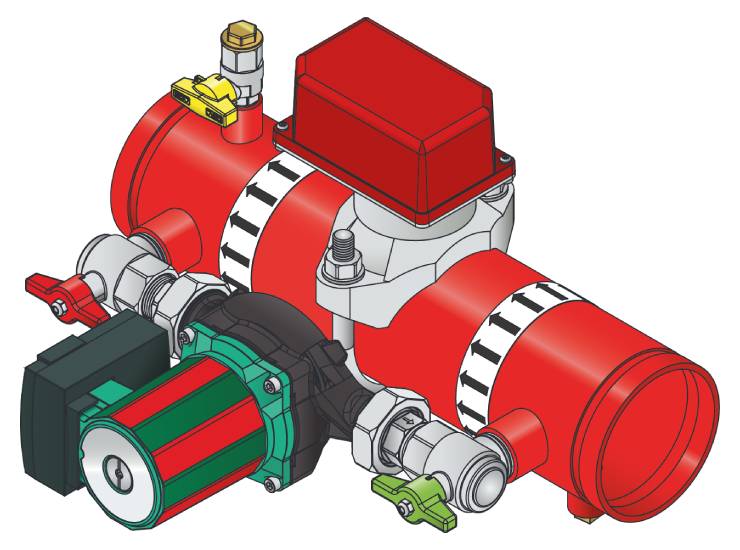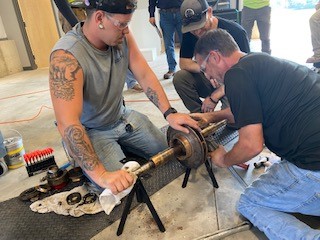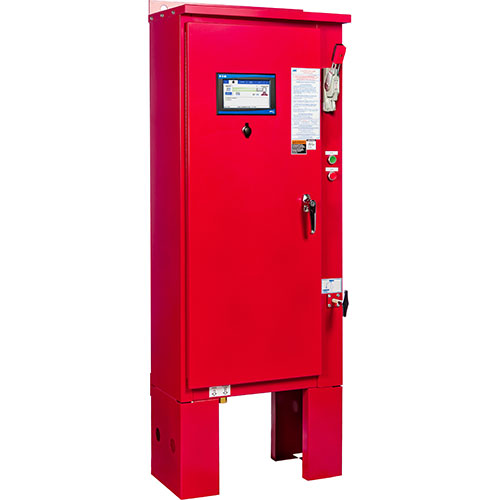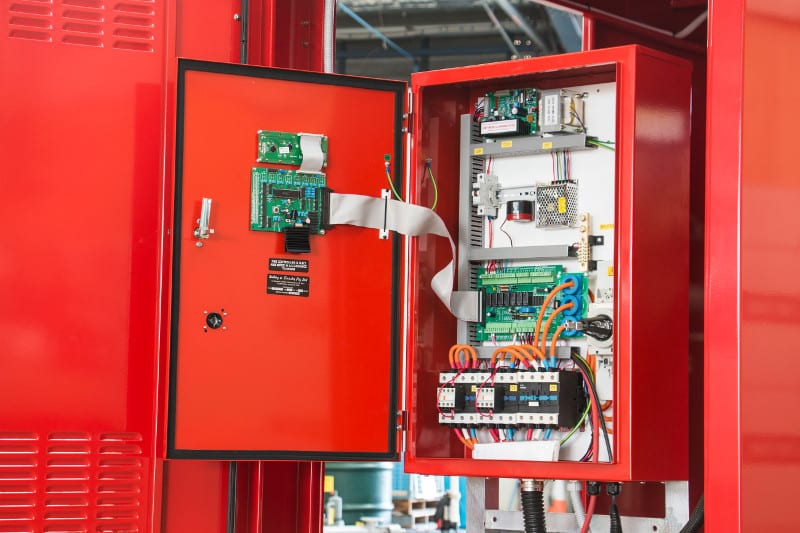Blog

Steven Brown & Associates, INC. Revolutionize Fire safety with ZONECHECK
March 19, 2025Steven Brown & Associates Celebrates 25 Years of Excellence in Fire Pump Sales & Service
January 9, 2025We’re proud to announce that 2025 marks a monumental milestone for Steven Brown & Associates—our 25th anniversary! For a quarter of a century, we’ve been honored to serve a growing clientele of fire safety professionals, building managers, and engineers, while developing and exercising unparalleled expertise in fire pump design, sales, and service. From our very…
Talco Fire Systems Residential Fire Protection Products
October 31, 2024Talco Fire Systems has been building high-quality fire pump systems for both commercial and residential settings for over 30 years. Steven Brown & Associates is proud to support this small team from Portland Oregon and can help find you the best equipment for your needs. If you’re interested in the commercial fire protection line offered…
Steven Brown & Associates Announces New England Branch
April 23, 2024Steven Brown and Associates is excited to announce the opening of our new branch in New England, serving Connecticut and Western Massachusetts. This expansion will help us better serve our regional clients with enhanced services and support.
We are pleased to welcome Kim Previti for this new location. Kim’s extensive experience and leadership are key assets that will drive the success of our New England operations.
SBA Announces Staff Additions
February 23, 2024Steven Brown & Associates is pleased to announce two new staff additions to our roster. Please join us in welcoming Richie Dierolf (Assistant Product Manager) and Nancy Mbugua (Accounting/Office Administration) to our company. We are confident that these staff additions and our new colleagues will enhance our team as we continue to offer our valued…

Fire University: Training the Future of Fire Protection Maintenance
August 22, 2022How do professionals in the fire protection industry keep up to date regarding the proper operation, inspection, and servicing of fire pumps? The quantity of fire pump installations continues to grow, but the supply of qualified fire equipment maintenance technicians required to service them is simply not keeping pace. Fire University, in Penns Grove NJ,…

Special Rules for Electric Motor Fire Pump Controllers
June 29, 2022Electric motor fire pump controllers are different from many traditional motor controllers in the world. The major difference is that, with some special exceptions, there are no thermal overloads in the controller or devices designed to protect the motor by shutting off the power circuit. With fire pumps, since they provide such a crucial property…

What is a fire pump controller?
May 25, 2022In simple terms, a fire pump controller is a device to reliably start and stop a fire pump, as well as monitor conditions in an ongoing manner that could hinder or prevent the proper operation of a fire pump. They act the same way any motor controller operates, except they are built with more strict…
Future Safety Features in Fire Pump Controllers – Master Controls
November 16, 2020We are often interested in directing industry attention to important future advancements in fire protection. Today’s topic pertains to new safety features that include an effective and creative solution to minimizing the dangers of arc flash in fire pump controllers. For the purposes of this article, we will be discussing electric fire pump controllers.
How Long Should A Fire Pump Last?
August 18, 2020So, when should a fire pump be replaced? If an owner of a fire pump is testing and maintaining the equipment based on NFPA 25, then the answer to this question is often based on the hydraulic performance of the pump in question. The pump is tested, and perhaps it failed a flow test. For example, if the pump is rated 1000 gpm @ 100 psi boost, and upon evaluation of the performance test results the pump is now only providing 1000 gpm @ 93 psi boost, then the fire pump might need to be replaced based on this performance deficiency alone.